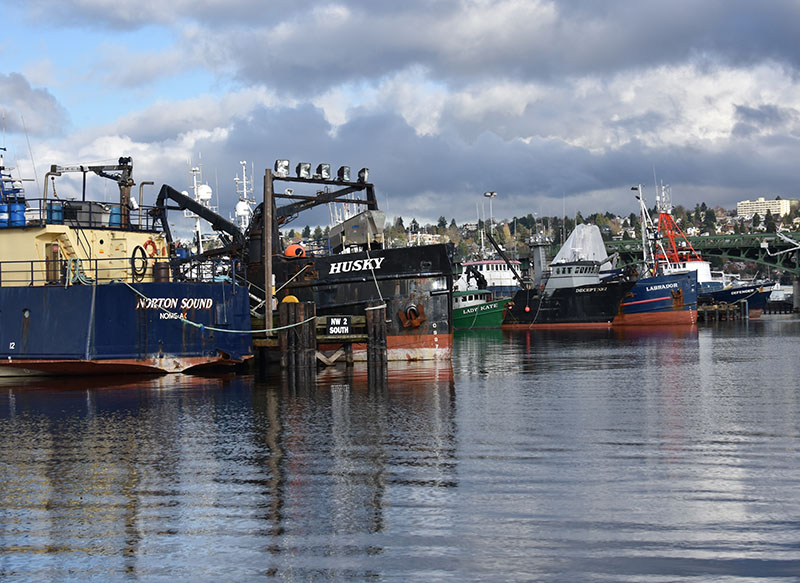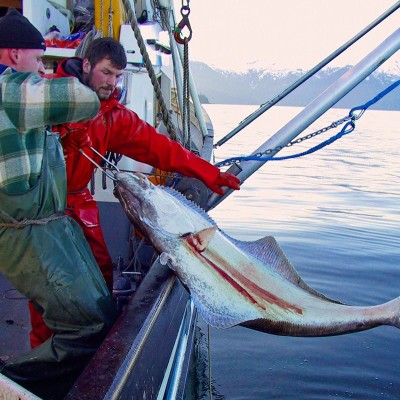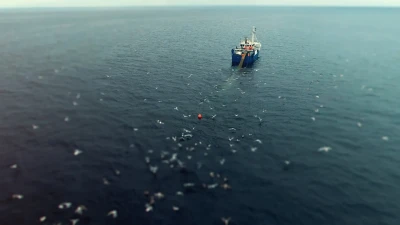The presidential executive order published on May 7 has been in the works for the last two years. And, frankly, it shows.
I have talked to a lot of people about this pandemic. One sentiment crosses party lines, class lines, education lines, and all the other lines you can draw: Most of us don't want things to go back to the way they were — not exactly, anyway.
The way things were is what has led to the way things are now. How are we feeling about where we are now?
Most people I know prefer to support small local businesses than large corporations. Sure, sometimes the corporation is just the best bet for a whole host of reasons. There's still a place for large, national or global companies. But it does not need to be the model we are all striving to achieve. The "grow or die" mantra does not need to be applied universally.
What I've seen in the last two months is that independent fishermen have been far more capable of pivoting to direct sales, provided they live in a place without unnecessary regulations on selling to the public. (Or in places where those restrictions have been relaxed.)
I am seeing a groundswell of support for local fishing operations, and we can capitalize on that. But this EO does the same old thing we've always done — the same thing that contributed significantly to the collapse of our supply chain: It will serve best to prop up corporations and conglomerated ownership of our national resources. It's business as usual. Do we want to bring that back, or do we want to take a new tack?
This EO mentions aquaculture 46 times. It mentions fishery and fisheries a combined 10 times. So if you think this is about fishing, I encourage you to take another go at the full text. If you think it's about American Seafood — with capital letters — I'd say you're getting warmer.
Fishermen are already worried about offshore wind power occupying and limiting access to critical fishing grounds and transit zones. When there's a tussle over grounds and access, fishermen tend to be shoved aside in favor of bigger business (See: recreational fishing, tourism, shoreside development, etc.). What kind of negotiating terms do you think we can expect between fishermen and global aquaculture companies?
Ultimately, what remains to be seen is whether this EO has any teeth and how its edicts are managed. I encourage fishermen to sign up for any new task force(s). Your voices will be critical to the future of this industry if any of these ideas do get carried down the road.







